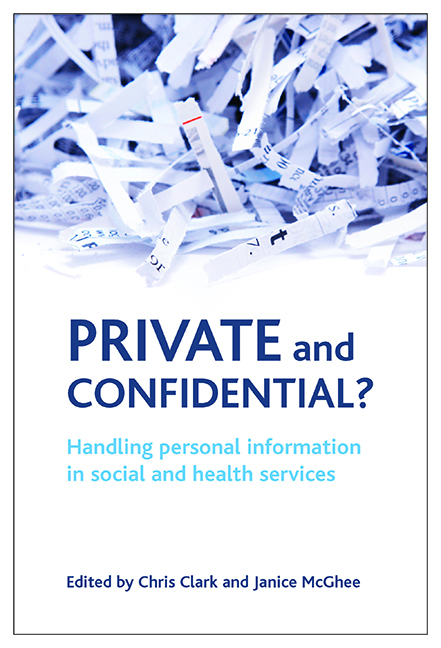six - Public protection in practice: Multi-Agency Public Protection Arrangements (MAPPA)
Published online by Cambridge University Press: 21 January 2022
Summary
Introduction
The late 1990s saw the development of Multi-Agency Public Protection Arrangements (MAPPA) in England and Wales (with slightly later developments in Scotland). These arrangements were given legislative force in the 2000 Criminal Justice and Courts Services Act (sections 67 and 68), with police, probation (and prisons added by the 2003 Criminal Justice Act; CJA) as ‘responsible authorities’ tasked with risk assessing and managing offenders who meet the MAPPA criteria (Home Office, 2004). In order to carry out these duties, personal information on offenders is collected, stored and exchanged. MAPPA agencies are mindful that they must operate within the law, particularly the European Convention on Human Rights (ECHR) and data protection legislation; but also that key inquiries (for example Bichard, 2004) and high-profile cases have highlighted the difficulties for appropriate risk assessment and management occasioned by failures to exchange information between relevant agencies. This chapter will explore the types of personal information required for effective risk assessment and risk management; and how it is reviewed, used and exchanged. The tensions around individual and third party confidentiality (for example victim information) will be reviewed, and also disclosure to agencies within MAPPA and to affected third parties (for example schools).
Accountability processes for appropriate information management, including the transparency of decision making and third party disclosure, will be addressed, and also issues of monitoring and surveillance (often covert) of high-risk offenders. The discussion will draw on three evaluation studies involving the authors (Maguire et al, 2001; Kemshall et al, 2005; Wood and Kemshall, 2007), utilising direct observation of panel meetings, discussion with MAPPA representatives, interviews with offenders, and case file reading. In addition, key literature and recent inquiries will be drawn on, most notably the Bichard inquiry following the Soham murders, the Hanson and White Serious Further Offence report (HMIP, 2006a), and the report into the murder committed by Anthony Rice (HMIP, 2006b). The chapter will conclude by considering the overall regulation and accountability of the MAPPA system including consistency of practice, standards and the avoidance of abuse.
What are MAPPA?
Multi-Agency Public Protection Arrangements (MAPPA) were formally created by sections 67 and 68 of the 2000 Criminal Justice and Courts Services Act, although they had evolved from multiagency arrangements in the late 1990s for the assessment and management of sex offenders subject to the sex offender register.
- Type
- Chapter
- Information
- Private and Confidential?Handling Personal Information in the Social and Health Services, pp. 111 - 128Publisher: Bristol University PressPrint publication year: 2008

